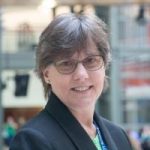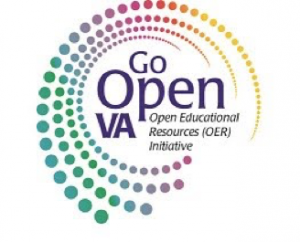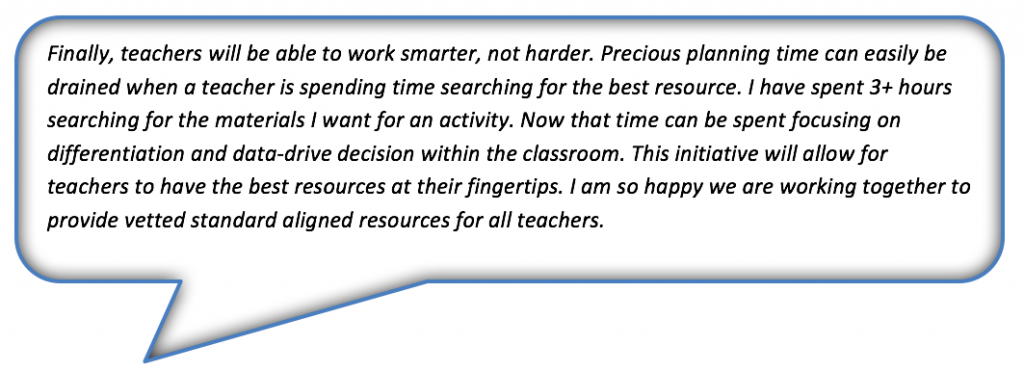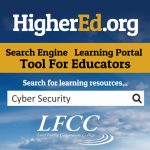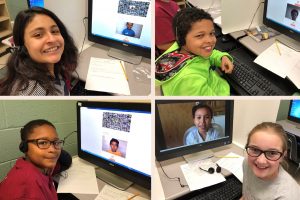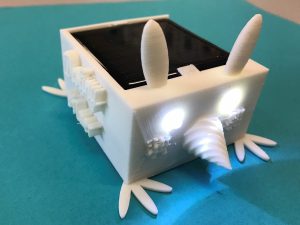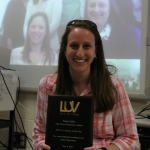I was fortunate to attend a special event to share the results of the Speak Up 2016 survey, http://www.tomorrow.org/speakup/speakup_congress.html. This is a survey published by Project Tomorrow, http://www.tomorrow.org/ , It is an online tool that gives students, educators, administrators, and parents an opportunity to provide feedback about the use of technology for learning. The data from this survey has helped many districts develop and implement new strategies to address the needs of all learners and prepare them for their future. I have always been impressed with Julie Evans, CEO Project Tomorrow, She has been such a strong advocate for technology in education. She is a true believer in the positive impact of technology on learning. I would encourage you and your division to participate in the 2017 Speak Up Survey opening on October 16. You can access the survey here: http://www.tomorrow.org/speakup/
At this event, we heard from students about their experiences with technology and why it is important for them to have ubiquitous and equitable access. One student shared that their one-to-one program has provided equal opportunities to all students providing them an “equal start to the future of their education, because we live in a digital world.” She mentioned that they are able to use all of the tools that adults use in their work environment.and shared the importance of collaborating with her peers. During one project, she got to know other students in her class as they worked together on a project. She shared that members of the group had ideas that she never would have thought of on her own.
If given the opportunity, students will go beyond the standard and far beyond our expectations. How can we empower our students, take them seriously and trust and support their thoughts about their own learning? The students on the panel all described the learning environment at their schools as one that
- gives them a chance to be heard
- promotes having a strong foundation that they can further build upon - referring to learning how and when to use technology resources to demonstrate their learning
- encourages collaboration
- exposes students to new tools, resources, and ways of thinking
All of these students were confident and well spoken about their school experience. They were able to articulate what they need from school and why their school works. I have to guess that these schools have created that culture of trust that we have heard about so often. It is easy to see when it works, but not an easy thing to develop. But I do know that giving students that voice, the ability to be heard and a part of the conversation about their learning is a very important step in the process.
Diane Harazin is a member of the VSTE Board of Directors and Supervisor of Instructional Technology for Prince William County Schools.
